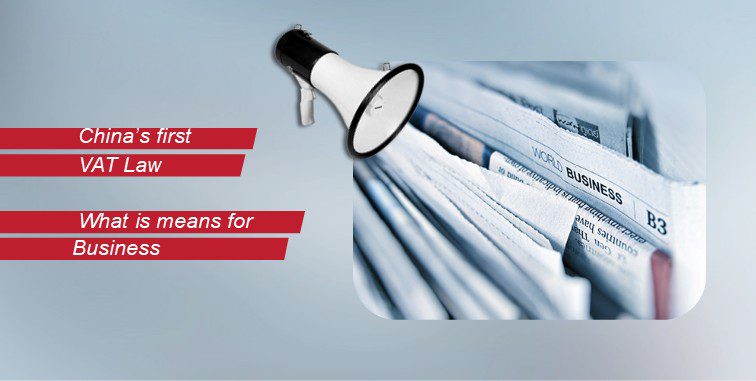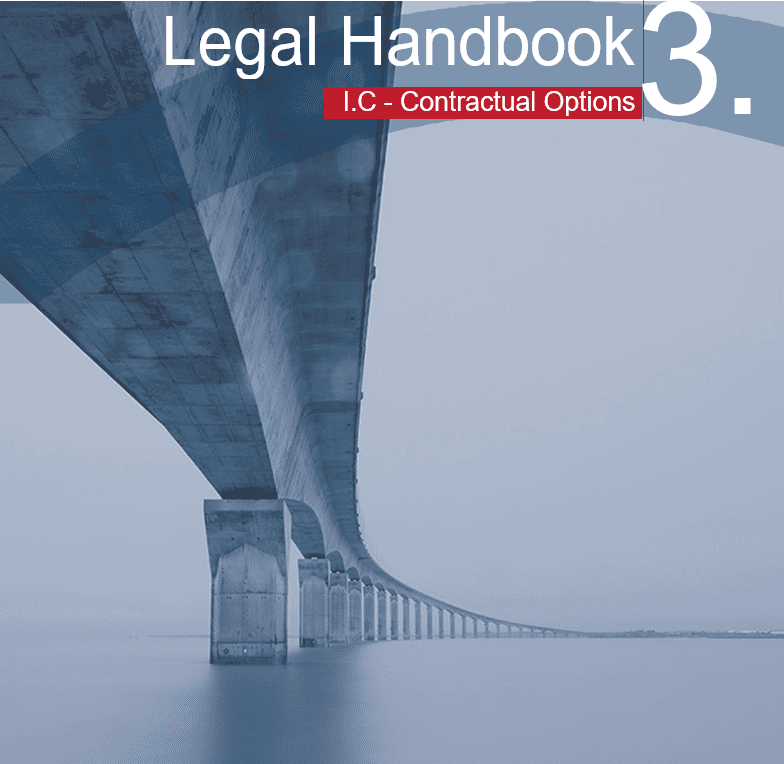During the last past years, development of the e-commerce economy in China has been phenomenal and exponential. Billions are spent by Chinese consumers every year to buy retail items via website or well-established Chinese platforms. Foreign brands have been especially targeted by Chinese consumers as they offer quality products.
Whether you are selling products online in China from abroad or directly from China, your activity is subject to legal constraints and practical issues.
Option 1: you are based outside of China
The cross-border e-commerce is the e-commerce sector that has experienced the fastest growth. According to the MOFCOM data, during the first three quarters of 2015, the cross border e-commerce increased for 30%.
The cross-border can be done without a local legal structure in China, by foreigners on their own or via the intermediary of a B2C cross border e-commerce platform.
If you rely on your own website
Selling in China, without a local structure, on your own, through your online shop hosted outside China offers considerable advantages such as follows:
– saving costs of a local structure;
– controlling the shipment and delivery;
– selling on a website without the need of Internet Content Provider registration;
– no direct intermediaries’ commission on the sales.
However, in practice, if you sell in China with your own website, you will certainly face practical issues such as the accessibility your foreign website in China, inadequate payment systems with which Chinese consumers cannot easily pay, the timing of shipment and delivery, the length of customs procedures, and the impossibility for consumers to return products.
In addition, some new regulations and drafts issued by the Chinese authorities may potentially restrict the Internet access for foreign players.
The Internet access is a practical aspect to be considered for foreign players willing to develop e-commerce activities in China. As a matter of fact, the access of the Internet in China is still less efficient for foreign websites than for Chinese hosted websites.
Although the impact remains to be seen in practice, the following new regulations may later on jeopardize foreign players’ presence on the Chinese Internet:
Online publishing services. The China State Administration of Press, Publication, Radio, Film and Television and the Chinese Ministry of Industry and Information Technology announced that starting from March 10, 2016, foreign companies or foreign joint ventures are restricted from publishing online content, including text, maps, games, animation, audio and video, without government approval or in cooperation with a Chinese partner
Domain names registration. On March 26, 2016, the Minister of Industry and Information Technology published a draft of regulations providing that domain names engaging in network access within the Chinese borders shall have services provided by domestic domain names registration service bodies. Should the draft become effective, it would mean that any website that does not have a domain name registered in China will not be accessible within China borders anymore.
Using a Chinese platform
Selling from abroad through the direct intermediary of an e-commerce platform, such as Tmall Global or Jingdong Global, is very effective.
The Chinese government has encouraged the use of bonded zones for cross-border e-ecommerce and Chinese platforms have solved most of practical issues.
They have for instance connected warehouses in Europe and China to faster the shipping and delivery, enhanced payment system, tackled the issue of return of products, and obtained license exemptions from the Food and Drug Administration, and in particularly for cosmetics.
Despites these improvements, new regulations have come to better regulate cross-border e-commerce The Circular issued by the China Ministry of Finance, together with the General Administration of Customs and the State Administration of Taxation announced new tax regulations on imported items through e-commerce platforms.
Previously such items were treated as personal postal articles and were subject to lower tax rates than ordinary imported items.
This Circular effective from April 8, 2016 comes to terminate preferential tax treatments for online cross-border imported items for which taxes were much lower than taxes on normal imported items.
This new Circular imposes the Standard Import Tax Treatment (including customs duty, import VAT and consumption tax) to treat item purchased on e-commerce platforms.
All of the imported items purchased online should fall within one of the following cases: If the item is identified as imported for general trade, it should be subject to the Standard Import Tax Treatment, or
If the item is not under the Standard Import Tax Treatment, it is subject to the Postal Composite Rate (PCR), and benefits from a favorable tax rate, and exempted if the tax amount is less than 50 RMB.
From April 8, 2016, the Circular has become effective and applies on items that are imported through B2C cross border online platform, or on the “The list of imported retail goods of cross-border e-commerce”, released by the Ministry of Finance.
The Circular has introduced some tax adjustment. In practice, each individual has 2,000 RMB quota for Custom duty free per order, and a yearly quota of 20,000 RMB duty free.
Within the quota, imported value added tax and consumption tax is no longer exempted, but collected at 70% of the full amount. Once go beyond the quota, taxes will be collected as general trade. The increase in tax could be very significant once the transaction value goes above RMB 2,000 or exceed the annual quota for individual buyers.
The tax increase is mainly due to the consumption tax that targets imported specific luxury products such as cosmetics, alcohol, cigarettes, golf equipment’s. For other products like books, clothes, and computer, the tax increase is not as important and even when the order is above RMB 2, 0000.
Option 2: you are based in China
Many foreign-invested companies have gone into e-commerce in China without being aware of the Chinese legal framework and assessing risks of their activities.
When a foreign-invested company sells products on its website, it shall be understood that the WFOE is not operating as an intermediary platform between the sellers and the consumers.
Selling online on its own website is here an option to sell
products bought by the WFOE.
Some legal constraints for this activity apply such as:
- the WFOE shall buy the products it sells;
- the opening of a physical store,
- having a business scope in line with its activities;
- getting an ICP registration number for its Internet website;
- if needed, an approbation from the Chinese authorities. Such license is for instance required for the online sales of medical device.
Not respecting these Chinese regulations is taking the risk of not complying with Chinese law.
The constraints to sell via Chinese platform are more practical than legal.
The opening of an e-shop on Chinese platform such as Tmall or Jingdong requires a foreign-invested company to provide:
- business license number (the company must be properly incorporated in China);
- trademark registration certificate (the trademarks must be properly registered China);
- local bank As the Trademark Office in China works on the basis of “first arrived, first served”, everyone can register your trademark and become its legal owner just because he started the procedure before you. Not registering your trademark in China exposes you to 2 main risks:
- Not being able to export products under your trademark outside China: your trademark can be registered by a third-person who can block your shipping by Chinese customs;
- Not being able to sell in China under your trademark: every person who registers your trademark can then prevent you from distributing your products in China. And you can even be accused of counterfeiting the products.
Before the recent liberalization of the Shanghai Free Zone, it was not legally possible for wholly foreign owned companies (“WFOE”) to operate activities of online data processing and online transaction processing, commonly called e-commerce.
An Internet Content Provider license, which is different from Internet Content Provider registration, were not granted to WFOE willing to operate such activities of an e-commerce platform.
Subject to conditions and criteria imposed by the authorities such as the Minister of Industry and Information Technology, the obtaining of the ICP license has become legally possible for foreign-invested companies.
The main criterias are as follows:
- RMB 1M which may be paid according to the timeframe set under the Articles of Association at investor’s sole discretion financial statement and bank credit letter of foreign investor;
- Explanation made by foreign investor to prove its experience in the sector;
- Plans on business development, implementation and technologies;
- Methods and protocols in internet and information security;
- Document to prove creditability of the company;
- The company and its major investors and major business managers have no record of violation of telecommunication supervision and administration rules within three years.
The incorporation of the WFOE and the obtaining of the ICP license takes about 5-10 months.
For more information, please contact:
Bruno Grangier












